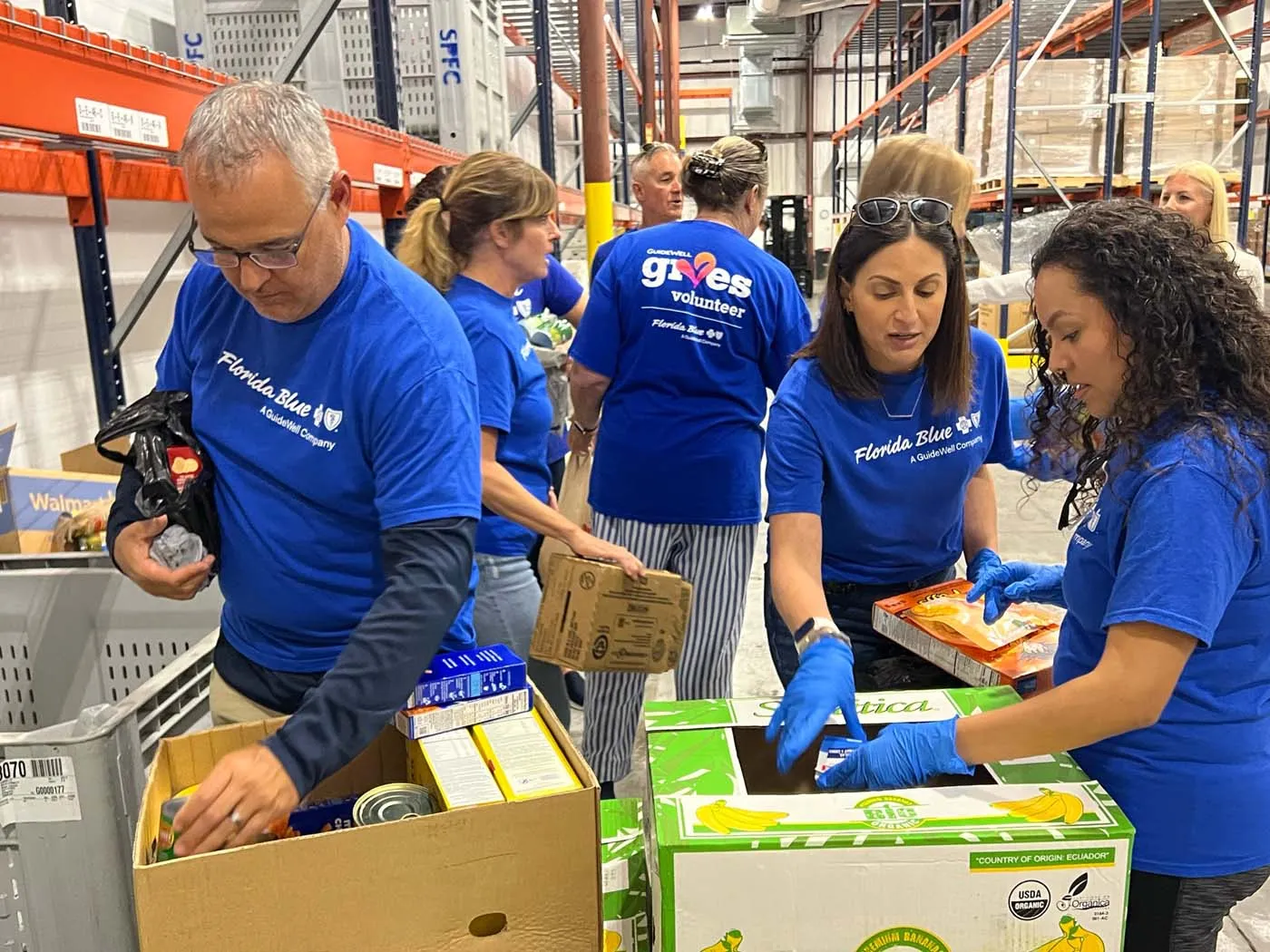Contrast Accessibility
Animation Control
Contact & Help
Contact UsJacksonville Center
Search
Quick Search

Featured
In the world of health insurance, not all companies are created equal. While most for-profit insurers prioritize shareholder earnings, Florida Blue operates under a unique model that puts members ...
